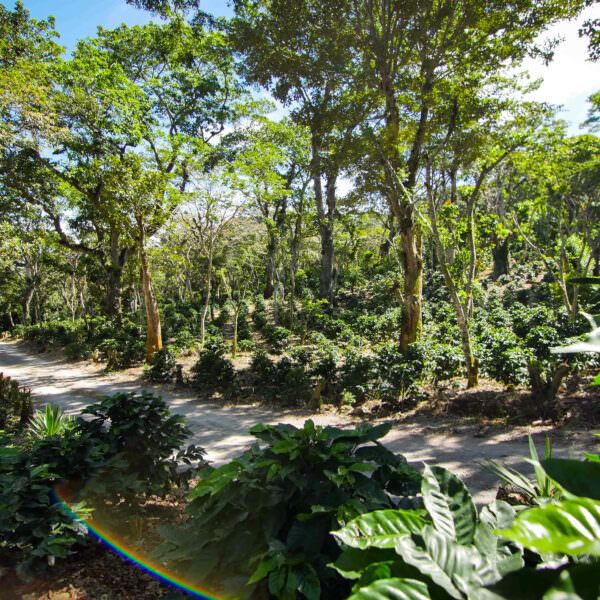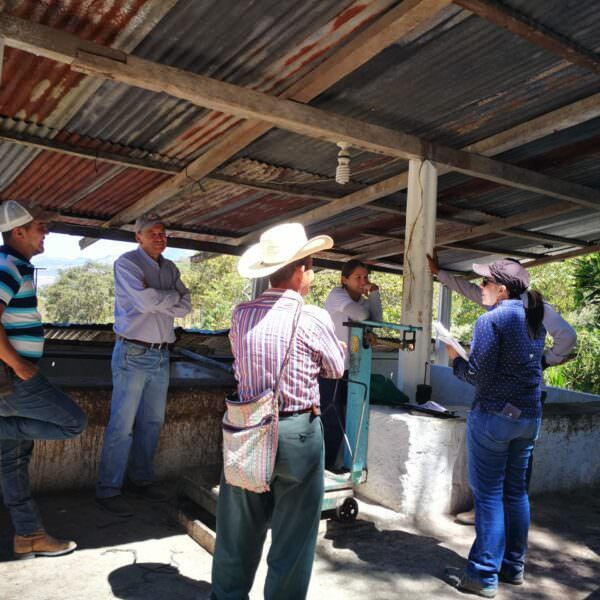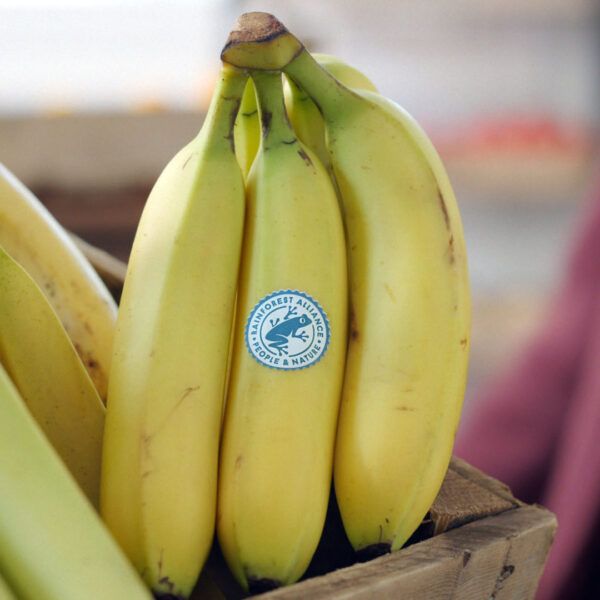FAQ: 2020 Farm Requirements
A detailed FAQ about the Rainforest Alliance 2020 Sustainable Agriculture Standard Farm Requirements.
Home / Resources for Partners / Farm Certificate holders
Take online courses and get an in-depth understanding of our standard and certification system.
Our new program, including the Sustainable Agriculture Standard, delivers more value to the many people and businesses that use it.
Find our list of Associate Trainers that can provide training in the implementation of the 2020 Sustainable Agriculture Standard

A detailed FAQ about the Rainforest Alliance 2020 Sustainable Agriculture Standard Farm Requirements.

Rainforest Alliance certification is carried out by our authorized certification bodies. Find an authorized certification body in your county.

This page gives you an overview of certification costs for farmers and companies.

As outlined in the 2020 Sustainable Agriculture Standard: Farm Requirements, the total remuneration (wages plus cash and in-kind benefits) for all types of workers is assessed yearly against the Living Wage benchmark, as approved by the Rainforest Alliance and in accordance with the Global Living Wage Coalition (GLWC). The Salary Matrix Tool, developed in partnership […]

This is an optional tool that can help Certificate Holders organize and focus the Assess & Address monitoring process. This tool can be used, but is not required, to demonstrate compliance with requirement 5.1.3 of the 2020 Sustainable Agriculture Standard: Farm Requirements and Supply Chain Requirements.

At the Rainforest Alliance, we recognize that sustainability is a long-term journey and to make sectors truly sustainable, all supply chain actors have a role to play. An inclusive supply chain is one where both the value and the risks are shared. This requires a shift to a system where the producers’ costs and investments […]

While farming often has negative impacts on biodiversity, it also has the potential to create positive impacts by incorporating natural habitat into production systems, conserving soil life, and more. This makes farms better able to cope with the effects of climate change, helping secure better livelihoods for farmers. For these reasons, biodiversity conservation is among […]

In line with the approach advocated by the Accountability Framework Initiative—and other leading environmental NGOs— our 2020 Certification Program not only prohibits deforestation but also the destruction of all natural ecosystems, including wetlands and peatlands—meaning more land will be protected.

Instead of a standalone climate chapter or requirement, the 2020 Certification Program is now inherently oriented towards climate-smart agriculture with a focus on adaptation and resilience. The relevant climate-smart aspects are now embedded throughout the new standard’s Farm Requirements.